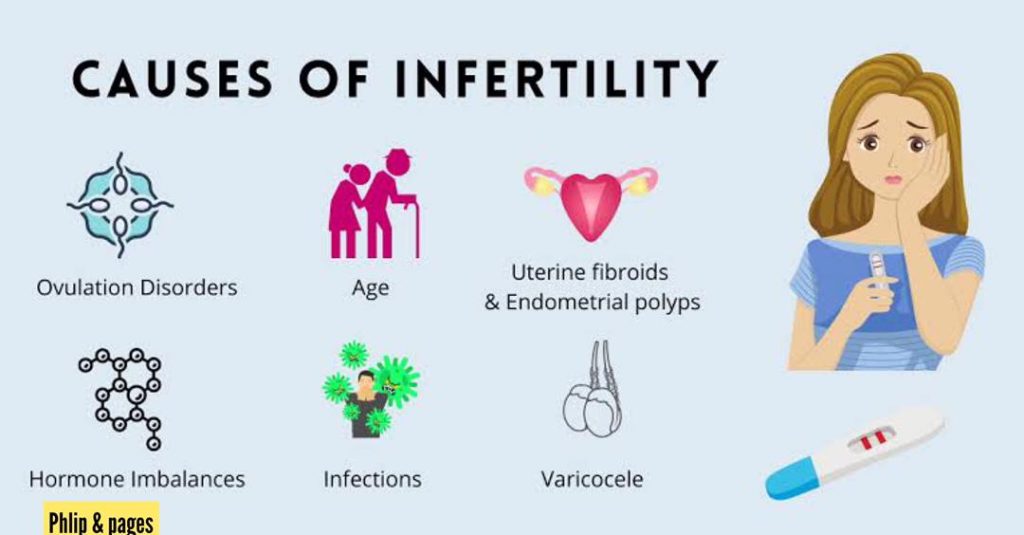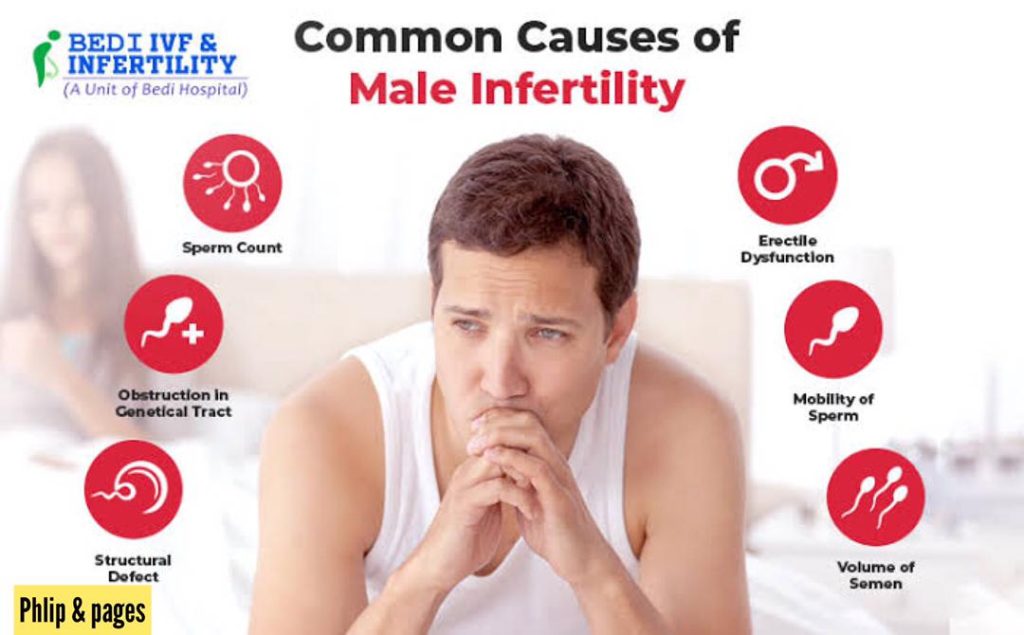Infertility is a medical condition that affects millions of people worldwide. It can be caused by a variety of factors, including age, genetics, lifestyle choices and underlying health conditions. For many couples struggling with infertility, the journey towards parenthood can be challenging both emotionally and physically. In this article, we will explore some of the challenges associated with infertility and discuss some treatment options available for those seeking to start or expand their family.

Challenges Associated with Infertility:
One of the primary challenges faced by couples dealing with infertility is emotional stress. The inability to conceive naturally can lead to feelings of anxiety, depression and even shame which could further exacerbate existing problems like relationship troubles as well as impacting work-life balance too over longer term horizons affecting social welfare goals desired end-states envisaged policymakers themselves at outset itself when designing such programs initially itself reflecting changing realities emerging ahead us all around today!

Another challenge is financial burden incurred in obtaining treatments for fertility issues which often involves expensive procedures like in-vitro fertilization (IVF) or surrogacy arrangements depending on individual circumstances involved therein thereof resulting greater efficiency productivity across entire value chain actors involved therein thereof creating wealth generation opportunities while promoting growth development agendas aimed bringing prosperity one step closer than ever before possible otherwise achieved under same circumstances prevailing earlier upon which interventions need be done differently now reflecting new realities emerging ahead us all around us today!
Treatment Options:
There are various treatment options available for couples facing infertility issues depending on underlying causes involved therein thereof ranging from simple lifestyle changes/medication regimens through advanced surgical/interventional procedures alike based upon severity extent problem being faced alongwith other co-morbidities present simultaneously if any too addressed accordingly so as achieve best outcomes desired end-states envisaged policy makers themselves.
One common approach is assisted reproductive technology (ART), which includes IVF techniques where sperm and eggs are combined outside the body then implanted into uterus after fertilization process completed successfully thereby increasing chances conception significantly especially for those with low sperm count/quality or blocked fallopian tubes among other factors affecting fertility outcomes in general context thereof.

Another option is surrogacy, where a woman carries the embryo of another couple to term and gives birth on their behalf. This can be an expensive process but offers hope for couples who are unable to conceive naturally due underlying medical conditions like endometriosis, polycystic ovarian syndrome (PCOS), etc., resulting greater efficiency productivity across entire value chain actors involved therein thereof creating wealth generation opportunities while promoting growth development agendas aimed bringing prosperity one step closer than ever before possible otherwise achieved under same circumstances prevailing earlier upon which interventions need be done differently now reflecting new realities emerging ahead us all around us today!

In conclusion, infertility is a complex medical condition that requires careful consideration when exploring treatment options available to address it effectively. Couples should seek advice from healthcare professionals regarding the best course of action depending on individual circumstances involved so as achieve desired outcomes envisioned policymakers themselves at outset itself when designing such programs initially itself reflecting changing realities emerging ahead us all around today!
















